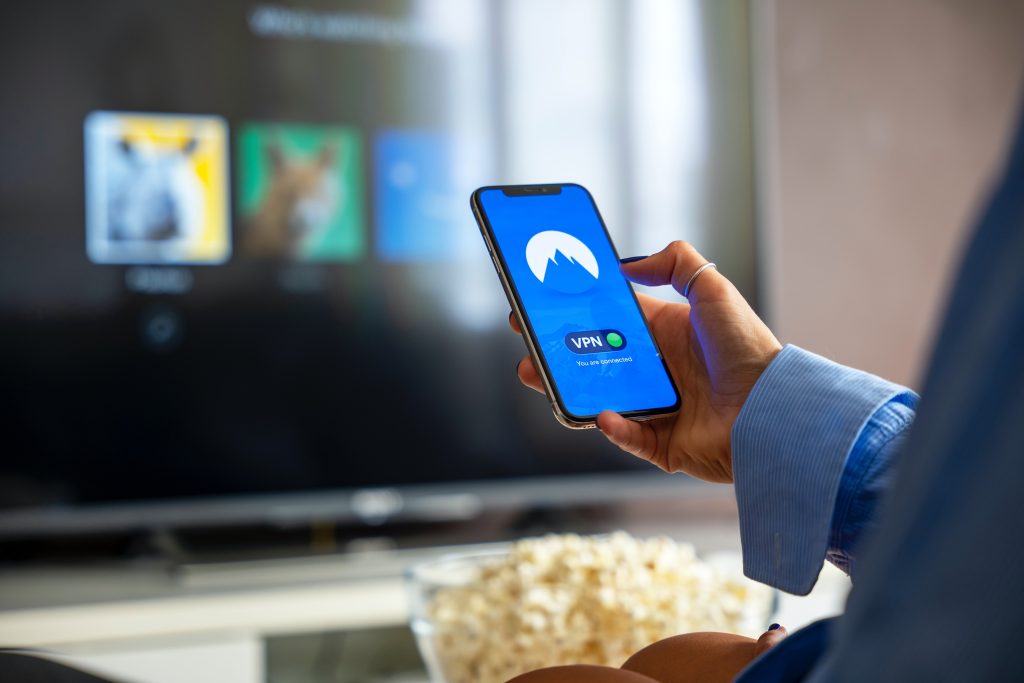VPN or virtual private network is a type of encryption software that lets you securely share data over public networks such as the Internet.
There are numerous benefits of using VPN services. In short, they give you secure browsing, and privacy protection, and allow you to unblock websites.
But does VPN equal remote access? What is remote access and why should you consider using it? Let’s find out.
How does remote access work?
Remote access allows you to connect remotely to a device from another computer or location. This might seem simple enough, but there are several ways to go about it. Some of these methods include web browser access via mobile devices, desktop applications, or even email.
There are various options when it comes to remote access, and each method has its pros and cons. If you don’t want to mess around with multiple connections, then using a VPN service is probably the easiest way to get connected.
Remote access and VPN
Remote access is a method that is used to connect to a remote device or network. You will use an application or web browser to connect remotely to the “remote device”. This may be a virtual private network (VPN) server, a computer, or even a router.
Remote access is commonly used to access files from a home computer while you are away from home. You can also use remote access for more creative purposes such as setting up your own personal cloud storage solution.
VPNs are not just for remote access
A VPN service is not just for remote access, although this is one of its most common uses. When you connect to a VPN server, your web traffic is routed through the encrypted tunnel between your computer and the VPN server.
This gives you several benefits:
Your IP address is hidden and replaced with that of the VPN server. This ensures that your real IP address cannot be accessed by cybercriminals when you browse the Internet
Your data remains encrypted and unreadable by third parties while it travels across the public Internet
You can bypass government censorship and geo-restrictions to gain quick and easy access to blocked sites and services such as Netflix, Youtube, Facebook, Twitter, etc
VPNs allow you to defeat censorship in countries like Iran, China, Saudi Arabia, UAE, etc., where Internet filtering is very strict
VPNs ensure that all your online activities remain private from third parties such as ISPs (Internet service providers) and the government
Using a VPN service encrypts all of your online activities. In addition to giving you privacy protection, it also allows you to bypass government censorship and geo-restrictions so that you can gain instant access to blocked sites like Netflix US from UAE or Netflix UK from Europe.
VPNs are essential for protecting your privacy online. They ensure that all of your online activities remain private from third parties like ISPs and the government. Using a VPN service encrypts all of your online activities, so that you don’t have to worry about being spied on when using a public network or using a wireless hotspot at a restaurant, cafe, or airport.
